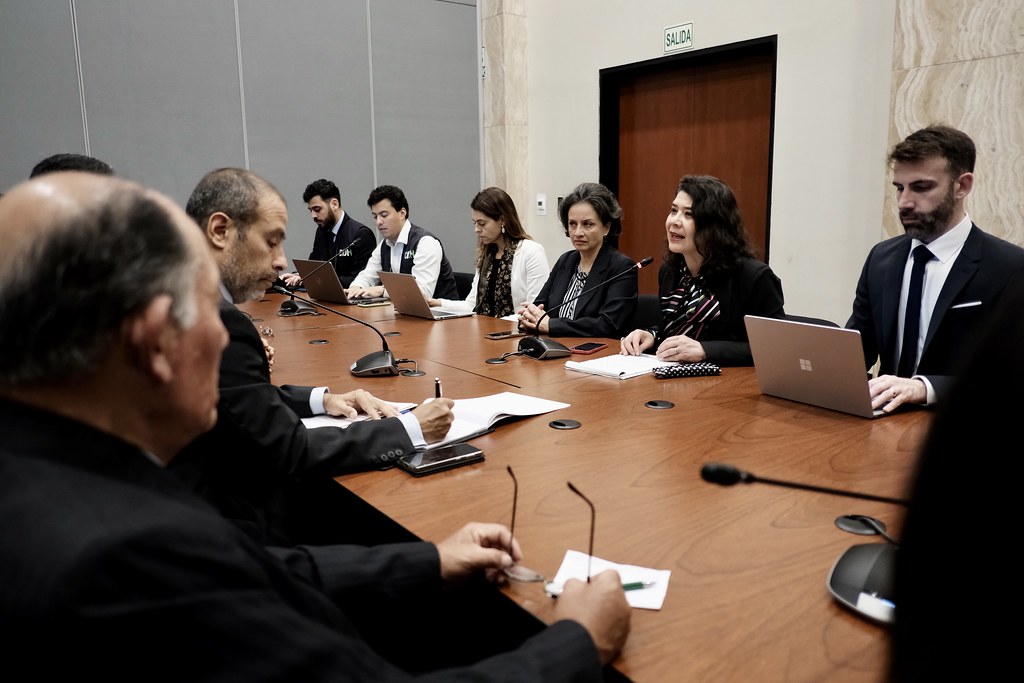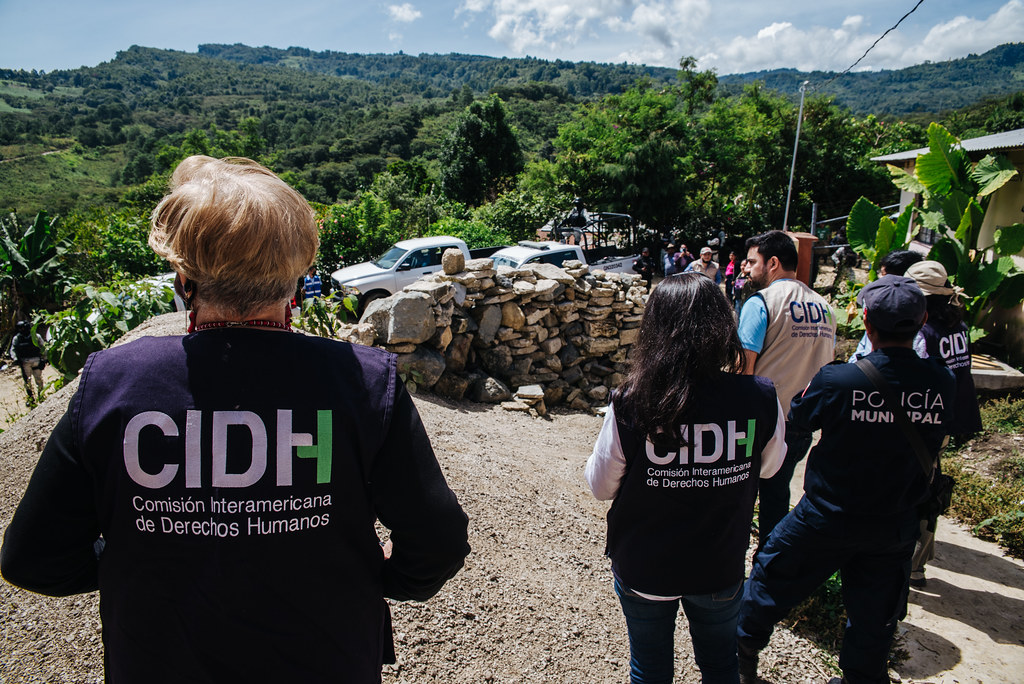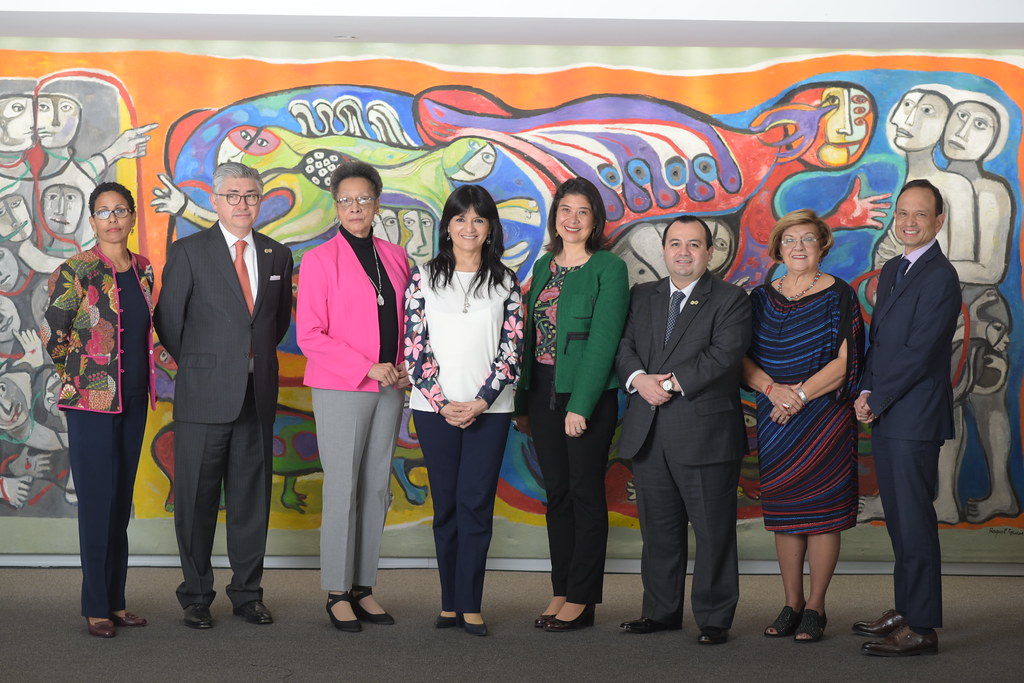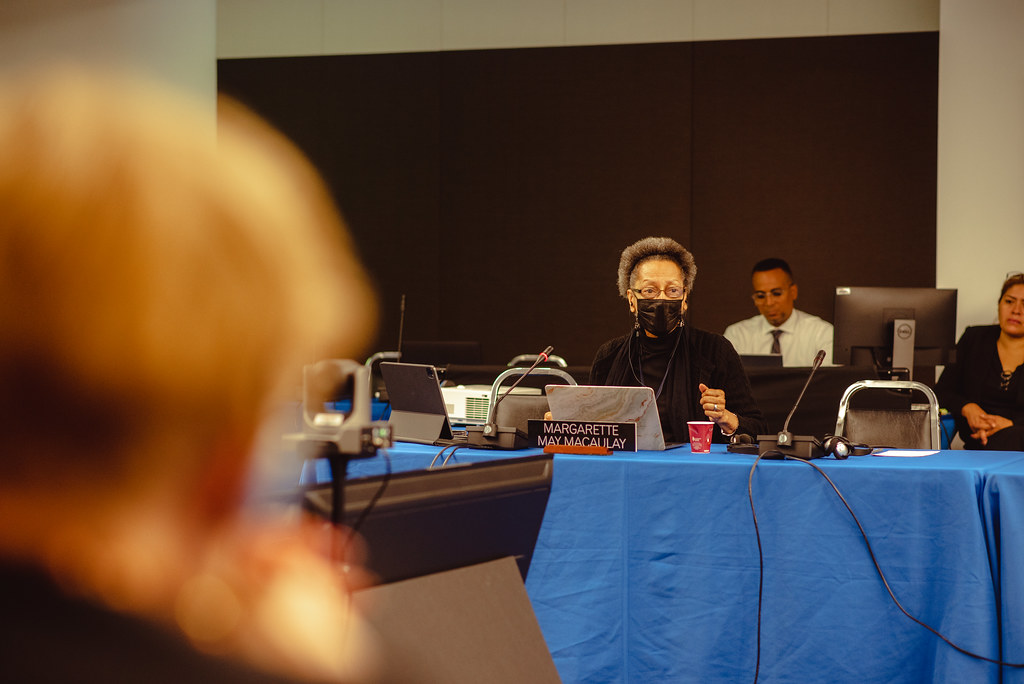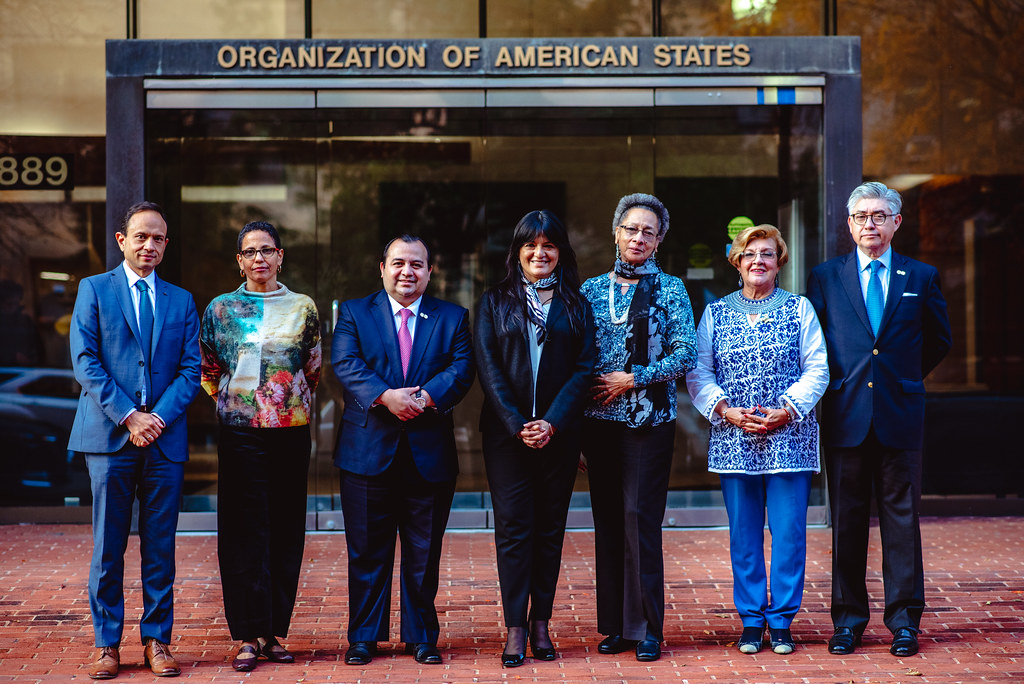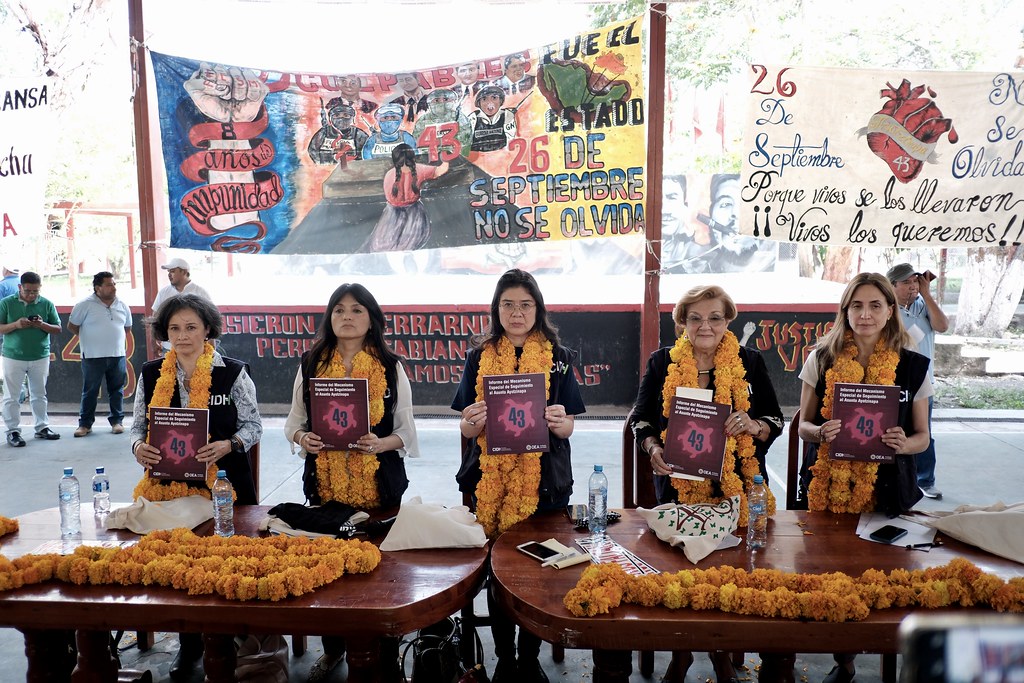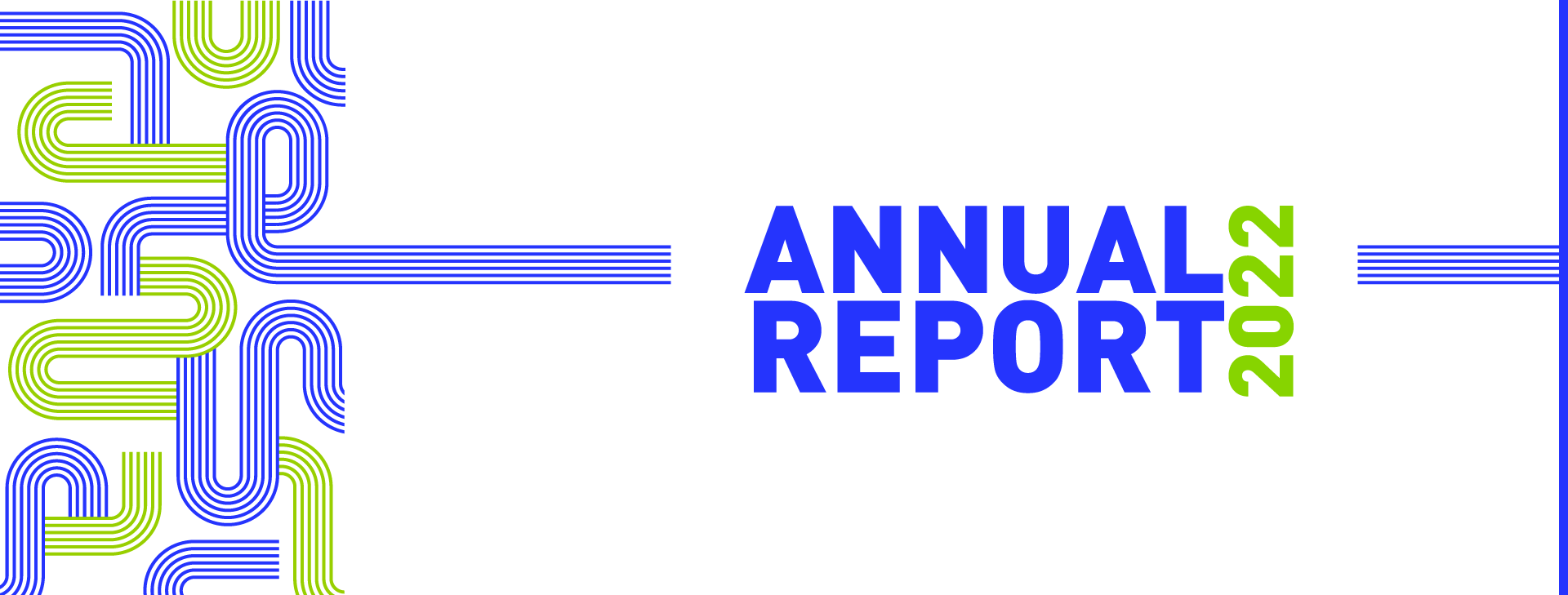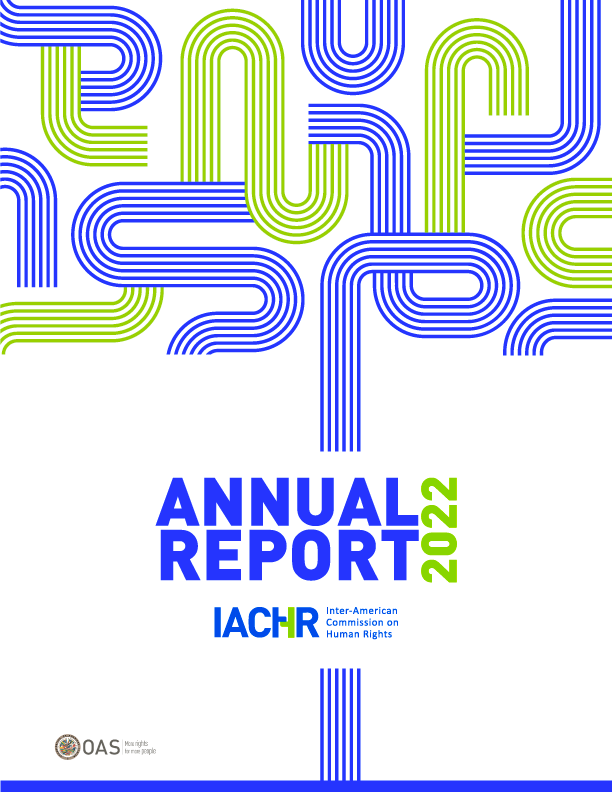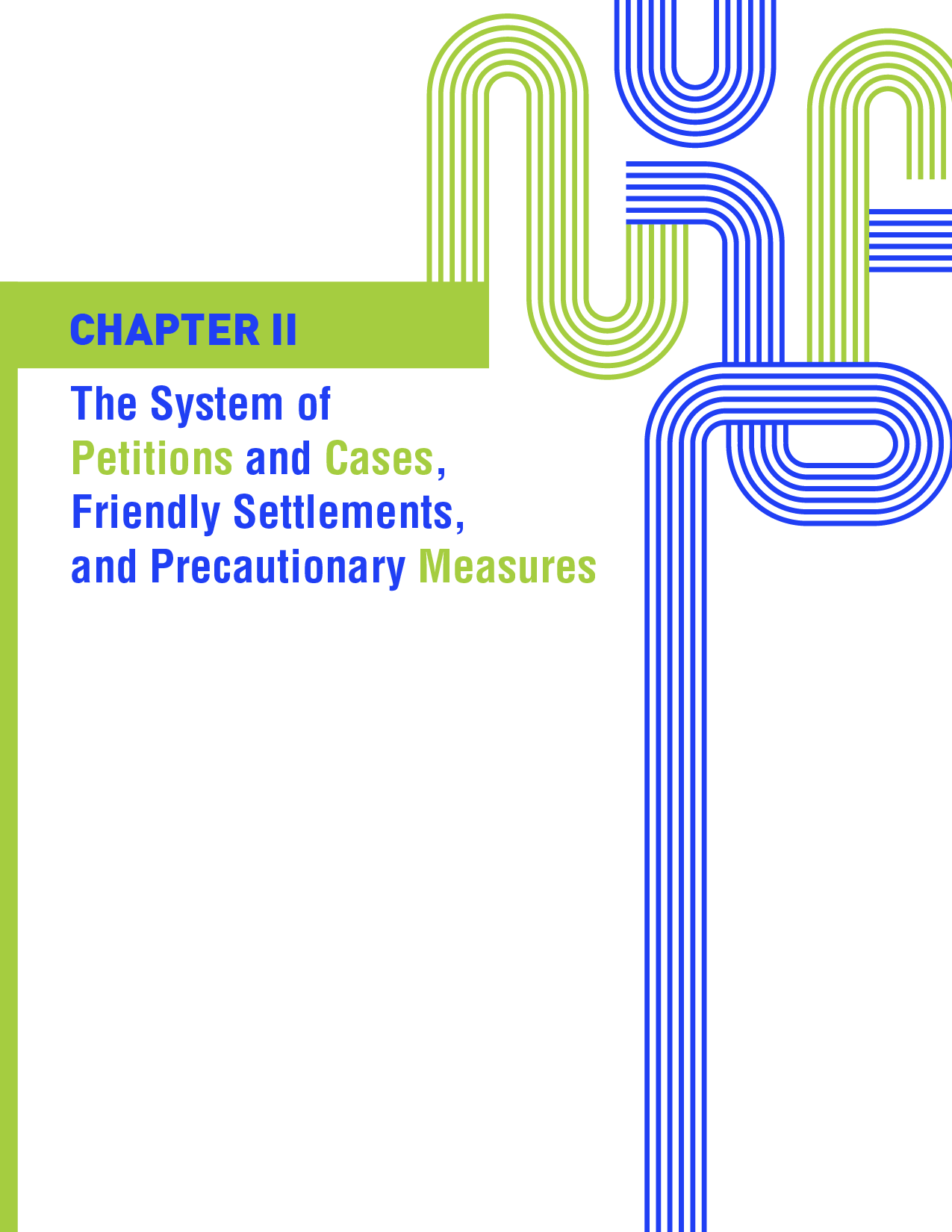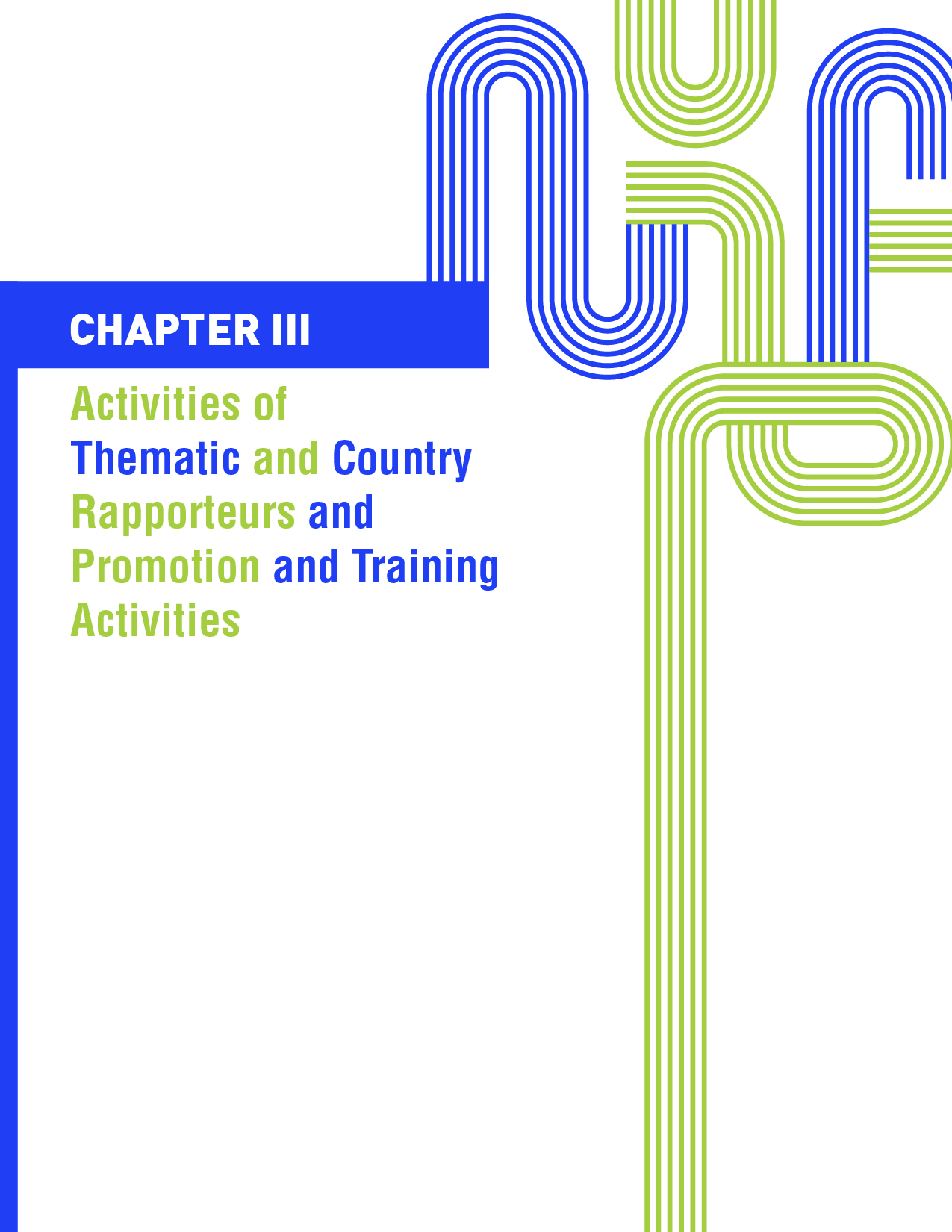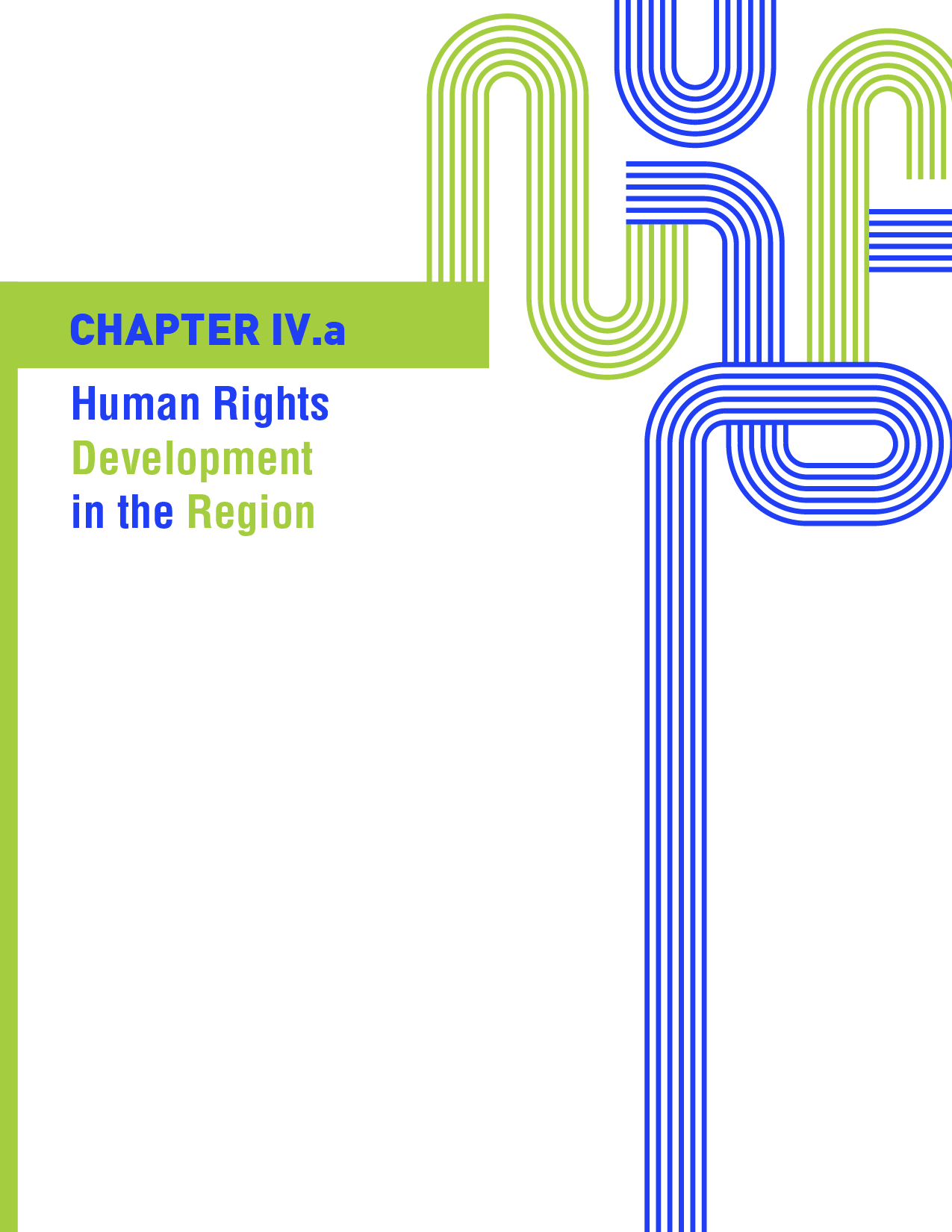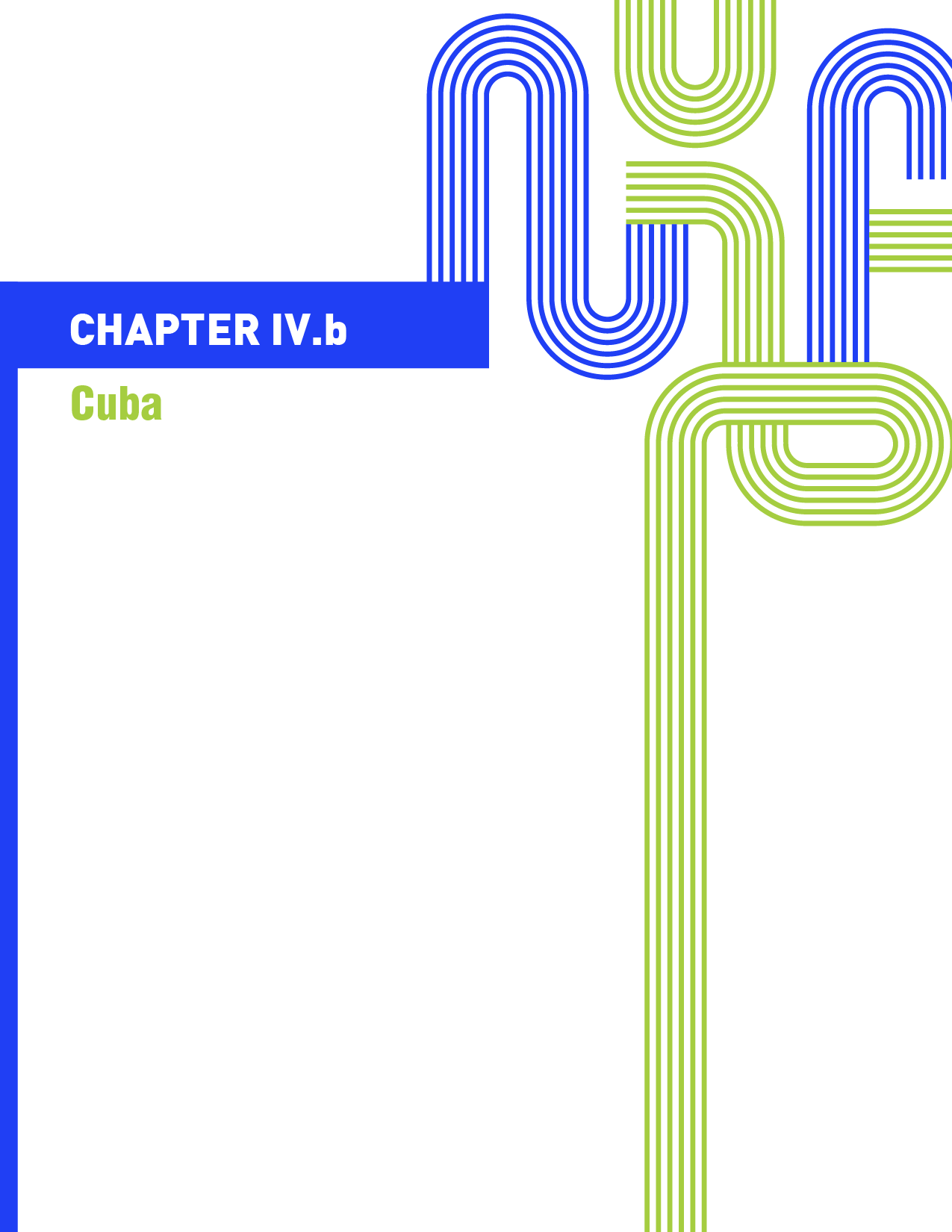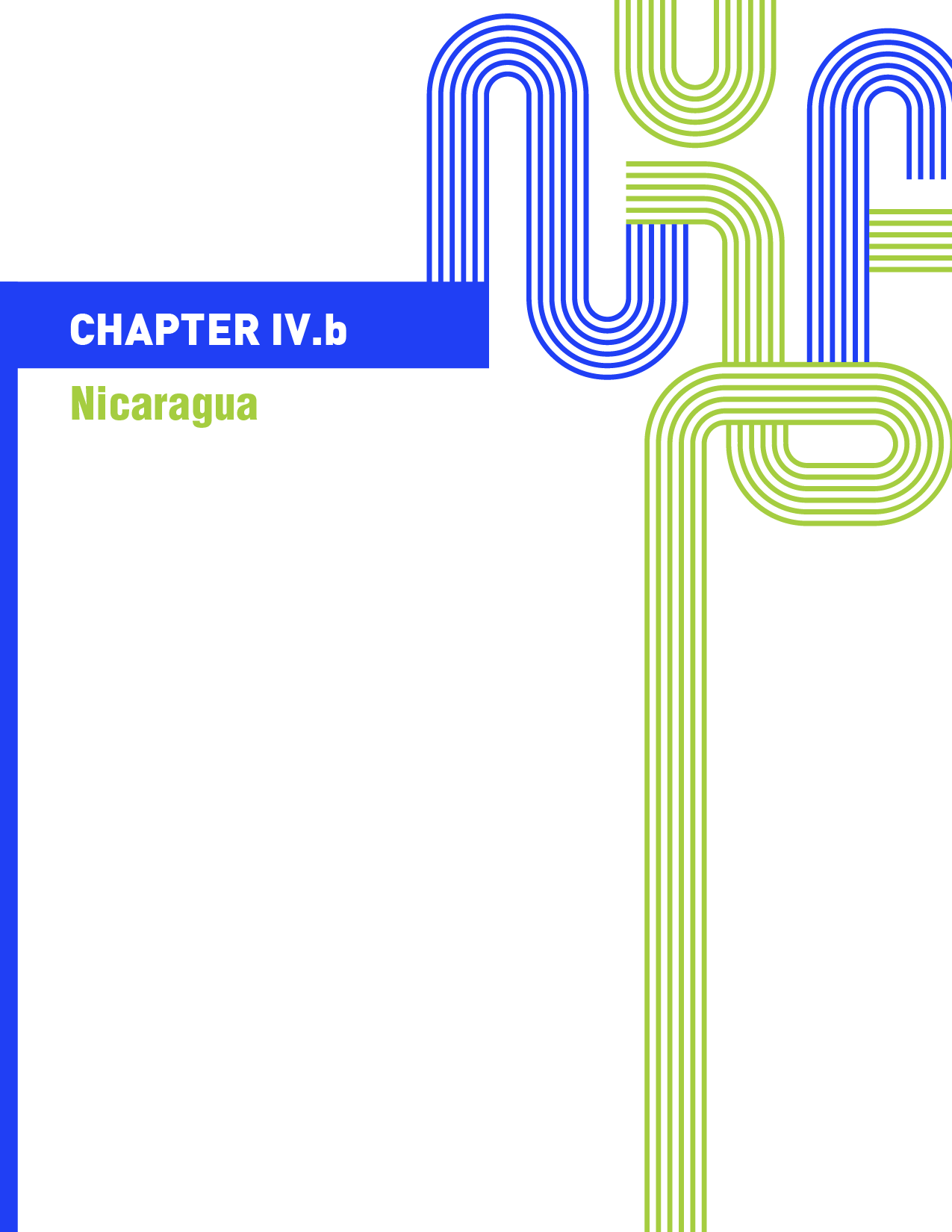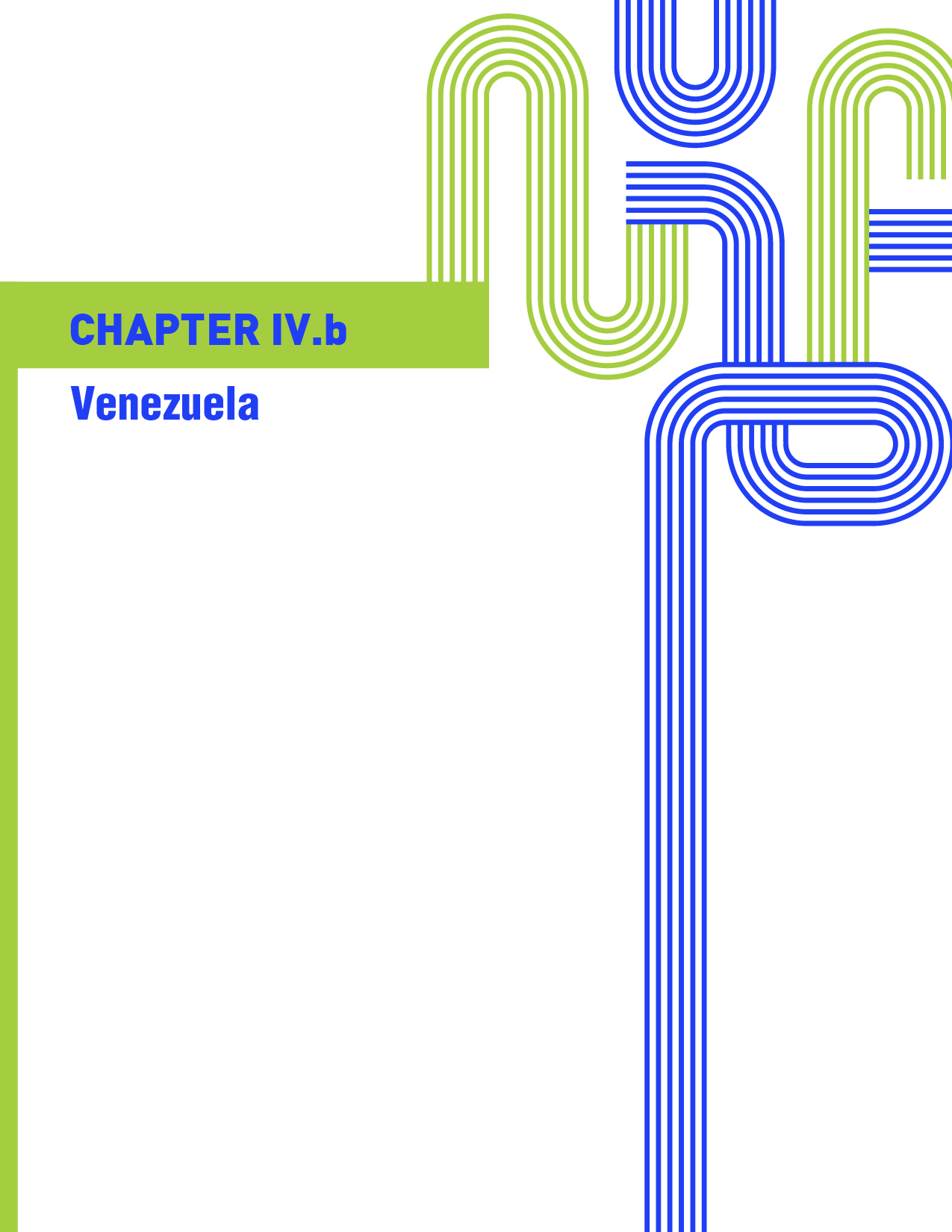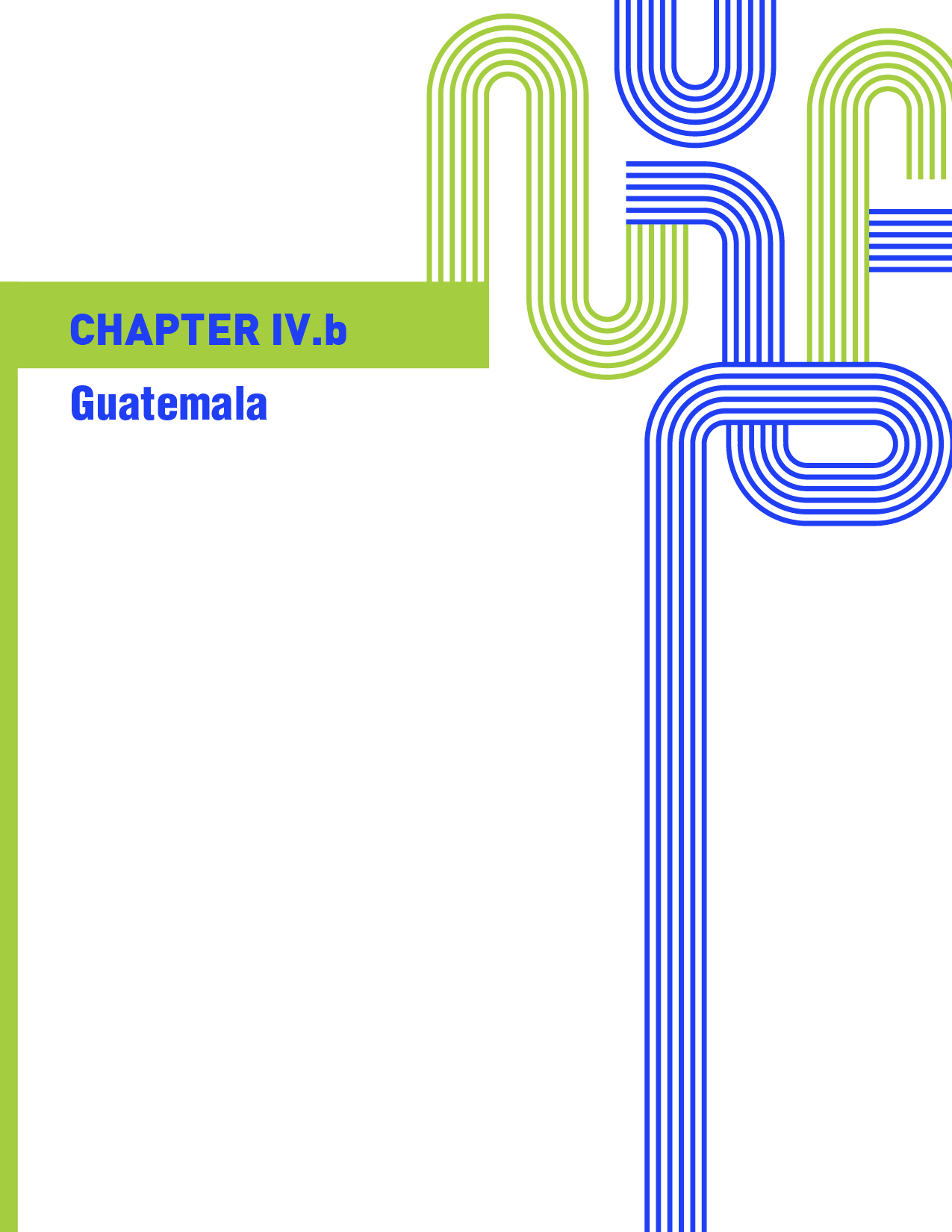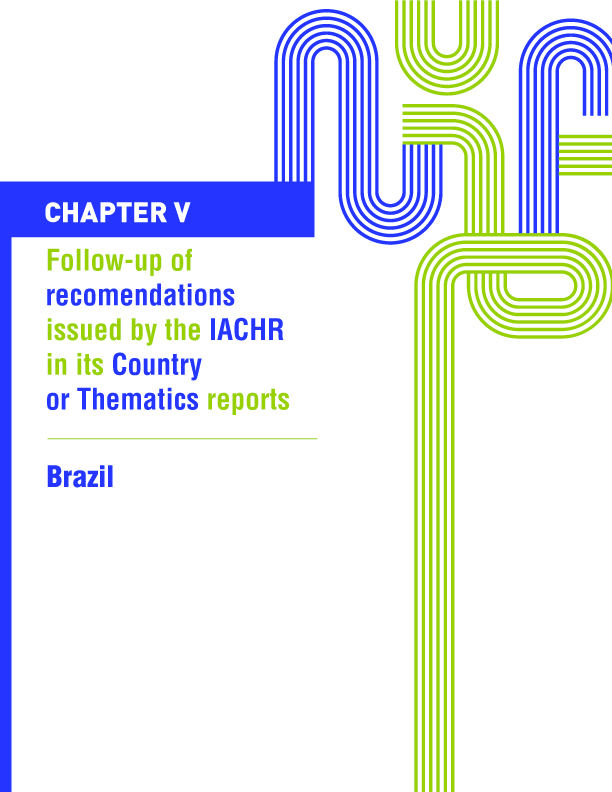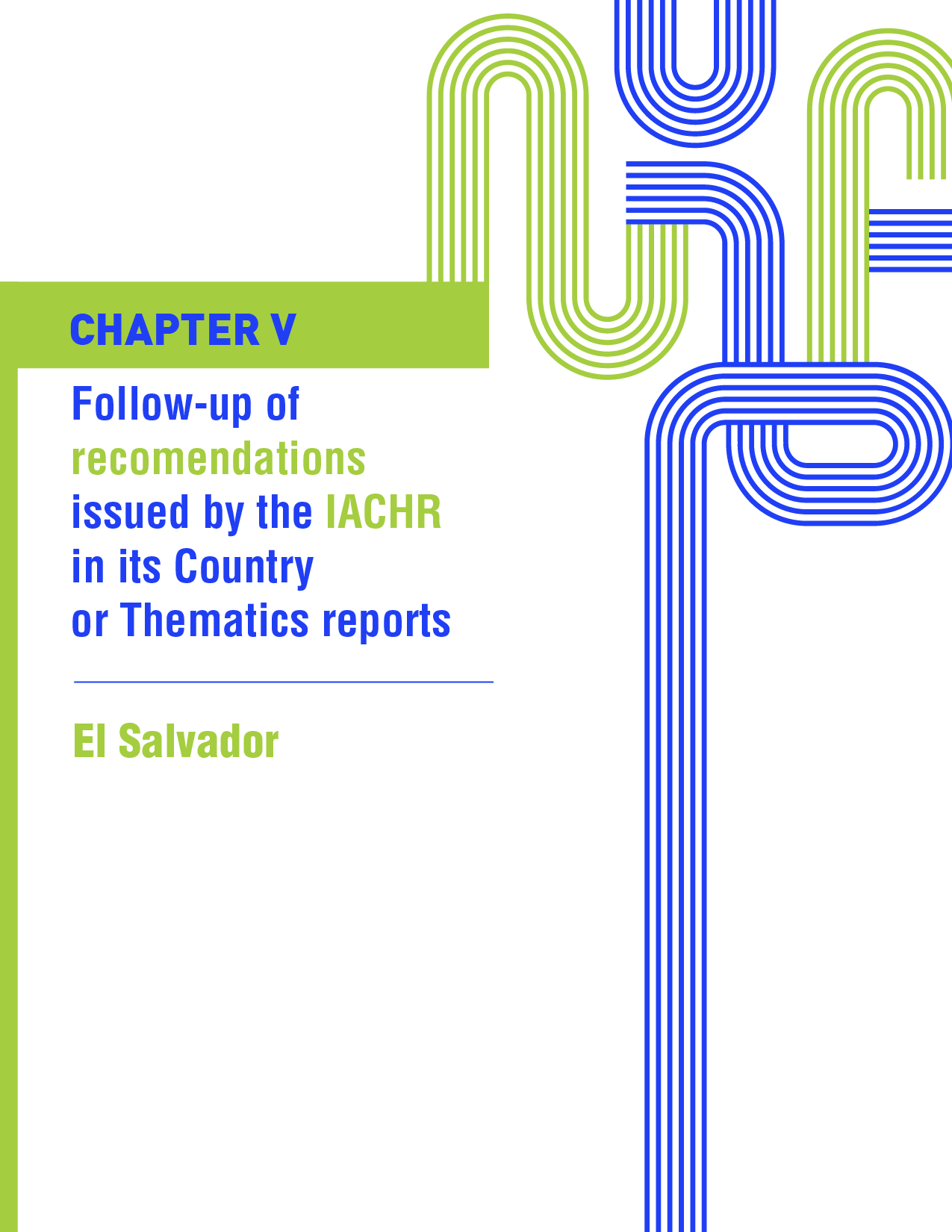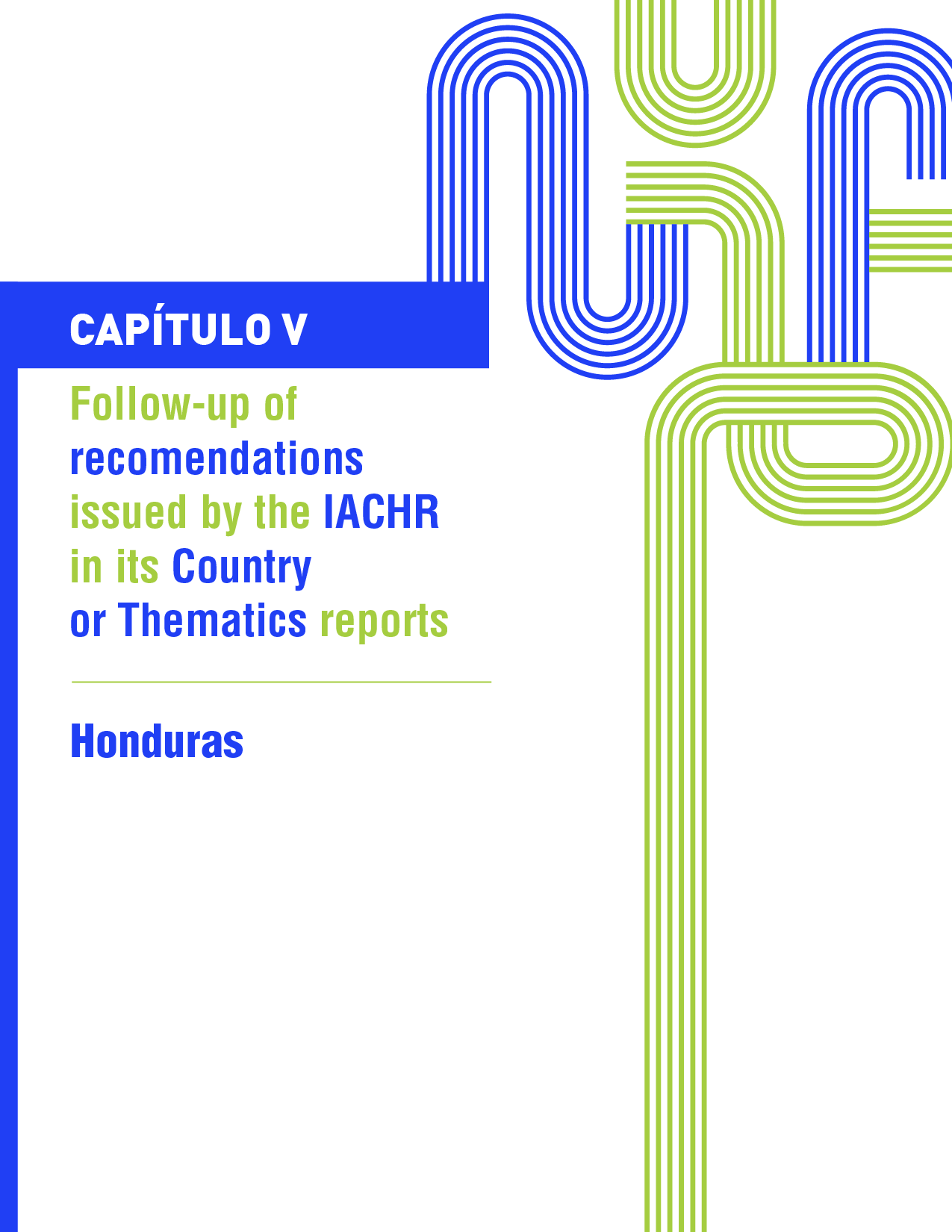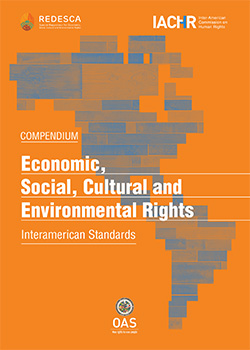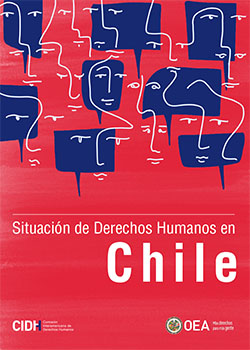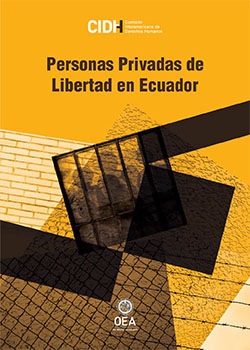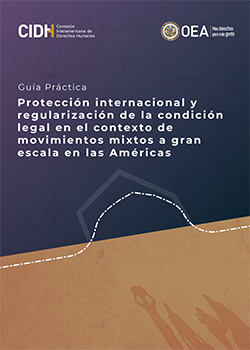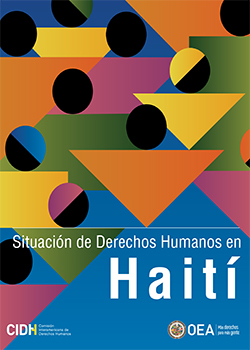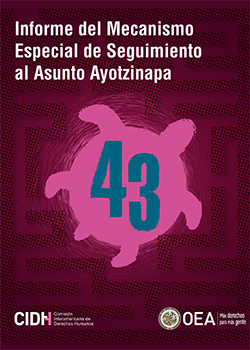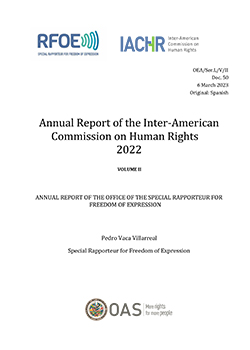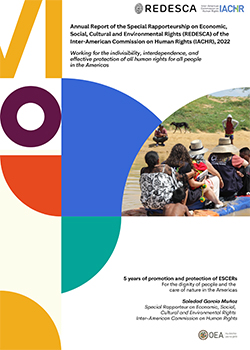
The Annual Report of the IACHR is a regional reference instrument that compiles the human rights situation in the hemisphere, presenting the progress and challenges of the OAS Member States in this area; and offers the institutional achievements, work and activities carried out by the Commission to guarantee and protect the human rights of all persons in the region.
Introduction
The introduction details the structure of the Annual Report, and presents a summary of the progress achieved in 2022 by the Commission, as well as the status and progress of ratification and signature of instruments of the inter-American system.
Chapter I
The Chapter I presents the development of the strategic plan 2023-2027 ; the sessions held in 2022; the resolutions adopted; the press releases published during the year; and details the relationship between the IACHR and the political bodies of the OAS, and the follow-up activities on recommendations and impact.
Chapter II
The Chapter II reflects the work carried out by the IACHR through its system of petitions, cases, precautionary measures, as well as its work before the Inter-American Court of Human Rights (IACHR Court).
Chapter III
The Chapter III includes the activities of the 11 thematic and country rapporteurships; the working visits carried out; the reports approved; and the promotion and training activities.
Chapter IV
The Chapter IV. A presents a summary of the regional human rights situation and details the human rights situation by country in the following cross-cutting areas: democratic institutions, human rights institutions, judicial independence and access to justice, citizen security, gender equality, and diversity and interculturality.
The Chapter IV. B - Cuba, details the Commission's monitoring of the human rights situation on the island, and the failure to observe the essential elements of representative democracy and its institutions, as well as the lack of provisions to ensure the separation of powers, and the absence of conditions that provide guarantees for judicial independence.
The Chapter IV. B - Nicaragua, includes the IACHR's monitoring of the serious human rights crisis facing the country, in the context of the breakdown of the constitutional and democratic order; as well as the intensification of a new repressive strategy aimed at the co-optation and total control of civic space, to silence all critical voices, quash dissent or political opposition, and restrict the participation of the population in matters of public and social interest.
The Chapter IV. B - Venezuela, presents the Commission's monitoring of the serious human rights crisis in the country, derived from the absence of the rule of law, and documents the progressive weakening of democratic institutions and the deterioration of the human rights situation.
The Chapter IV. B - Guatemala, presents the follow-up carried out by the IACHR on the human rights situation in the country, and emphasizes the serious setbacks in the fight against impunity and corruption in recent years; and the intensification of judicial persecution and criminalization of justice operators.
Chapter V
The Chapter V - Brazil, presents the follow-up to the recommendations made in the report "Situation of Human Rights in Brazil", the result of the on-site visit to the country in November 2018; with emphasis on issues such as structural inequality, citizen security, impunity, democratic institutionality, human rights institutionality, and freedom of expression.
The Chapter V - El Salvador, presents the follow-up to the recommendations made in the report "Situation of Human Rights in El Salvador", approved by the IACHR on October 14, 2021; with emphasis on the structural problems that affect the country and that are pending since the armed conflict, such as the absence of citizen security, the high levels of violence and the impact of heavy-handed policies on the human rights of the population; as well as the lack of guarantee of the rights to access to justice, truth and memory of the victims of the armed conflict.
The Chapter V - Honduras, presents the follow-up to the recommendations issued in the report "Human Rights Situation in Honduras ", approved on August 27, 2019; which addresses issues such as the post-electoral conflict, citizen security, administration of justice, freedom of expression, the situation of economic, social, cultural and environmental rights.
The Chapter V - Mexico, presents the follow-up to the recommendations issued in the report "Human Rights Situation in Mexico", approved on December 31, 2015; which addresses issues of citizen insecurity and militarization, disappearances, torture, access to justice and impunity, and the situation of freedom of expression.
Chapter VI
The Chapter 6 details the Commission's structure and personnel; financial resources and budget execution; planning, resource mobilization, and project management; and technological advances implemented in 2022.
Videos
OEA/Ser.L/V/II.
Doc. 50 rev. 1
April 1, 2023
Original: Spanish


